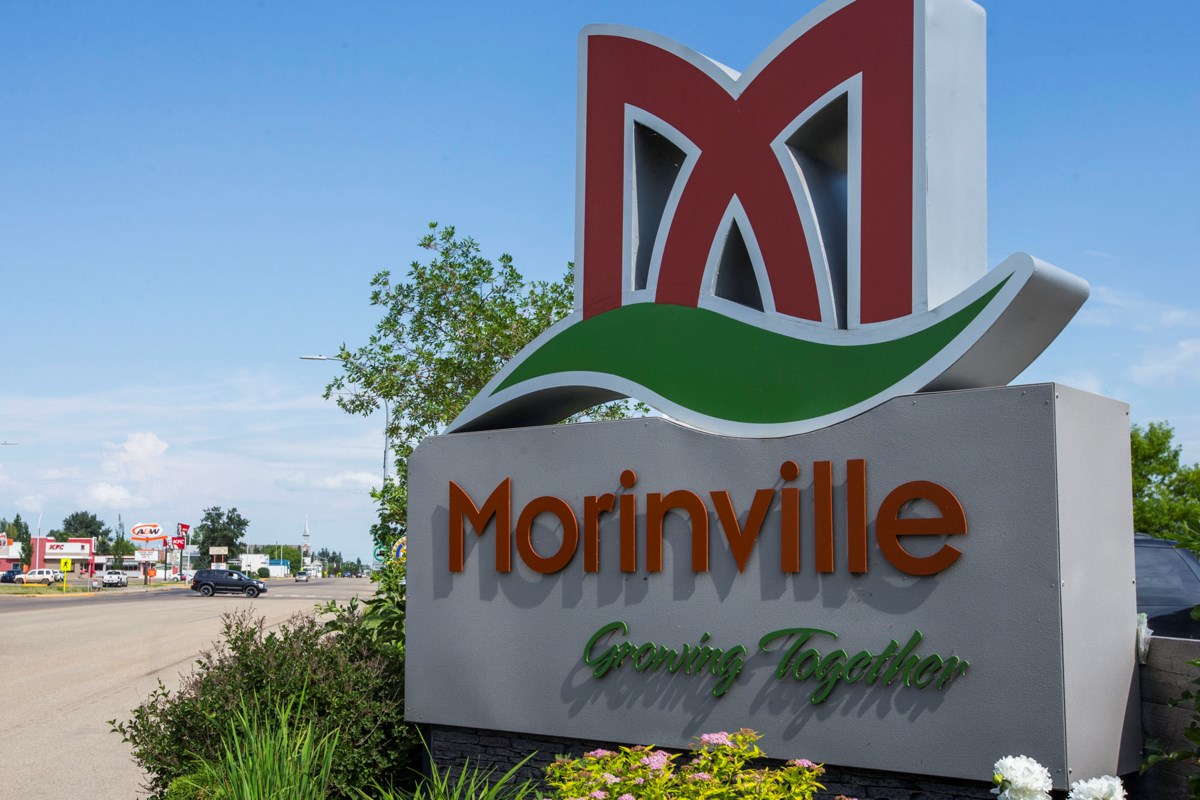Foolworm
Active Member
A revised RTSC report has been issued, reflecting the updated membership (the counties of Strathcona, Sturgeon and Leduc have opted out). Now it's up to the Province to actually establish the Commission.

 www.stalberttoday.ca
www.stalberttoday.ca

Regional Transit Services Commission enters next phase
October 16, 2020
The Regional Transit Services Commission (RTSC) Interim Board is working on two primary milestones for 2020; approval from The Government of Alberta to legally form the commission and the selection of a Chief Executive Officer (CEO).
The RTSC Interim Board, made up of elected officials from the City of Beaumont, the Town of Devon, the City of Edmonton, the City of Fort Saskatchewan, the City of Leduc, the City of Spruce Grove, the City of St. Albert, and the Town of Stony Plain, continue to work closely with the Government of Alberta to legally form the Commission. The Board is both encouraged by progress made to date with the application and are looking forward to recruiting the founding CEO.
“The CEO will work with the Board to create a strategic plan to guide the start-up and operations of the Commission. They will build their leadership team and surround themselves with talented leaders who can deliver on the vision and mission of the RTSC,” said St. Albert Councillor and Board Chair Wes Brodhead.
The Interim Board has hired a talent management firm to conduct the CEO search and could begin interviewing candidates as early as December. A final offer will be extended to the successful candidate pending the Province’s approval for the establishment of the Commission as a legal entity. The Board will work closely with the CEO to drive the success of the RTSC, which seeks to bring municipal transit services together for the benefit of one region.
“Public transit is an essential part of the region’s economic growth, connecting people to jobs, education and training, and facilitating worker mobility. Transit also connects people to recreation, healthcare and other essential services, reducing social isolation and contributing to positive health outcomes for riders,” Councillor Brodhead explained.
For more information about the RTSC, and the CEO job posting, please visit Regional Transit Services Commission - St. Albert or Regional Transit Services Commission - Edmonton.
About the RTSC
Accelerating Transit in the Edmonton Metropolitan Region: Building a Regional Transit Services Commission
Accelerating Transit in the Edmonton Metropolitan Region: Building a Regional Transit Services Commission Addendum
other than to state the obvious that it would be easier to achieve those synergies if the county joined the commission, it would be good to see some routes get redesigned so the networks mesh better. it will be interesting to see what happens to transit centers on the east end once this and the valley line open up. the RTSC report i read implied Sherwood park's sprawling nature and lack of a single major area of employment (not everyone works downtown, but commutes to say Fort Sask, Leduc, etc according to their research) didn't justify much more than the commuter service they run now. This is opposed to St. Albert, which is planning for LRT. I wonder if the way the new network moves people around will create single points of focus for the system, or if the current situation of 'a bunch of cars and buses going everywhere' will continue.As a Sherwood Park resident, I hope that Strathcona County Transit (who voted against joining the network) can at least have routes that can complement the ones on the above map. For example, the 404 could have service to the University (running along Whyte Avenue and connecting at Bonnie Doon LRT), and the 411 could continue its service downtown.




